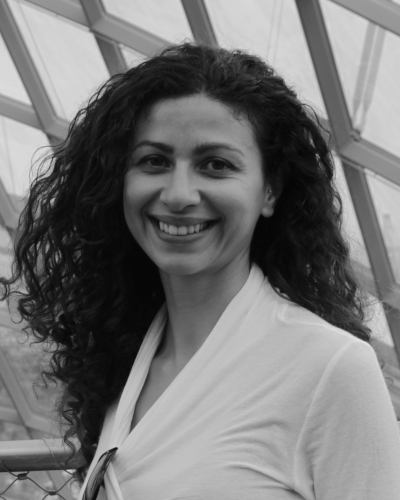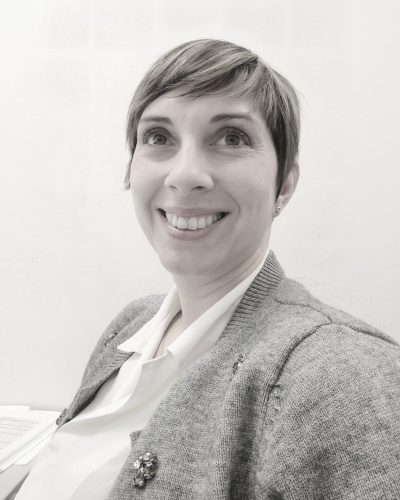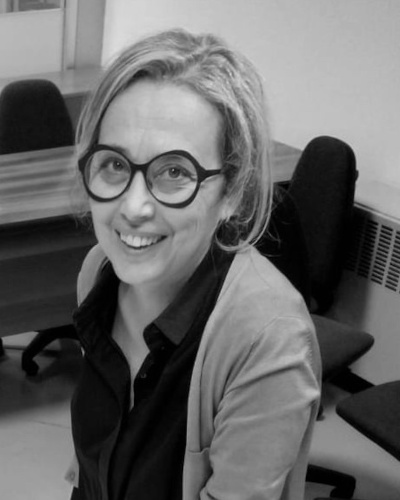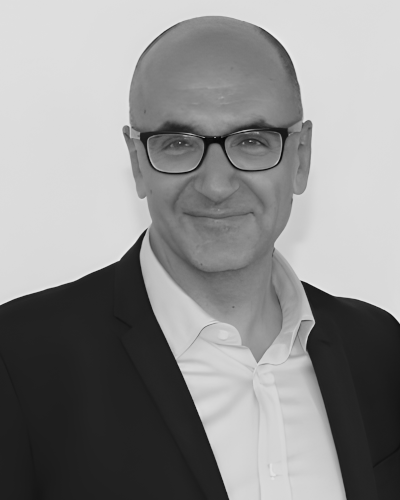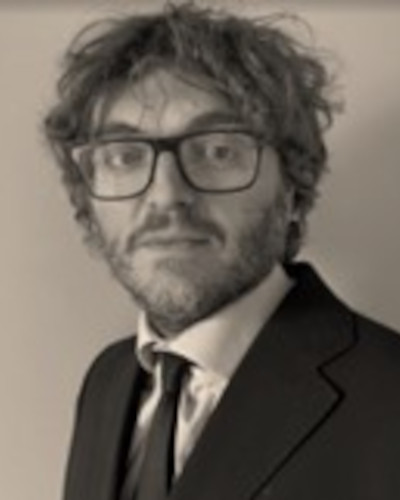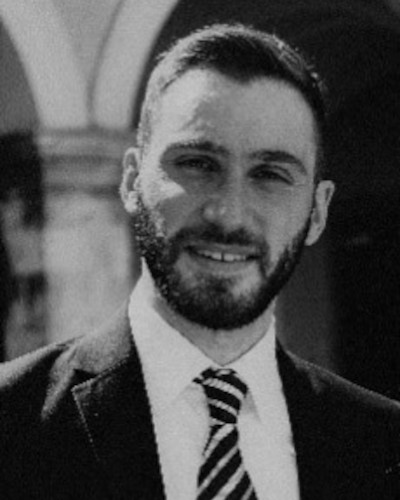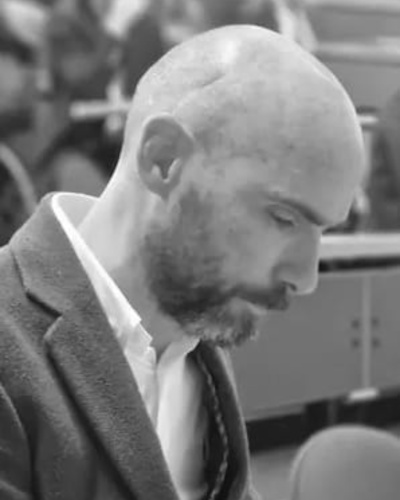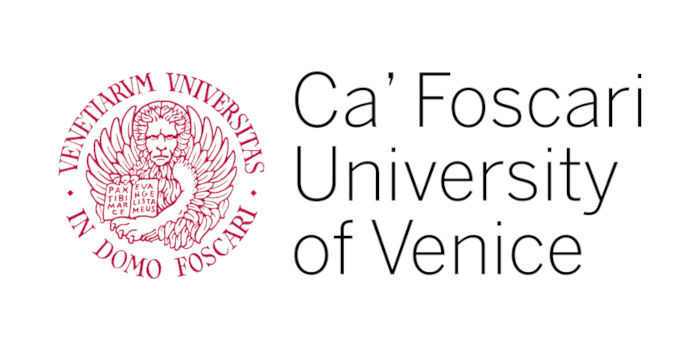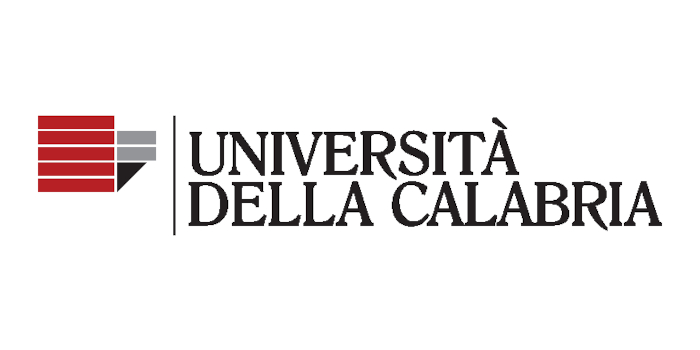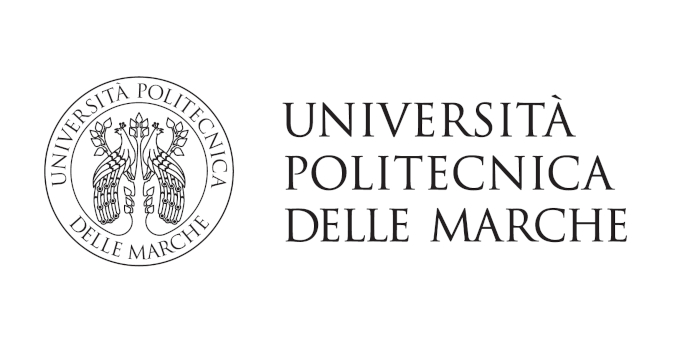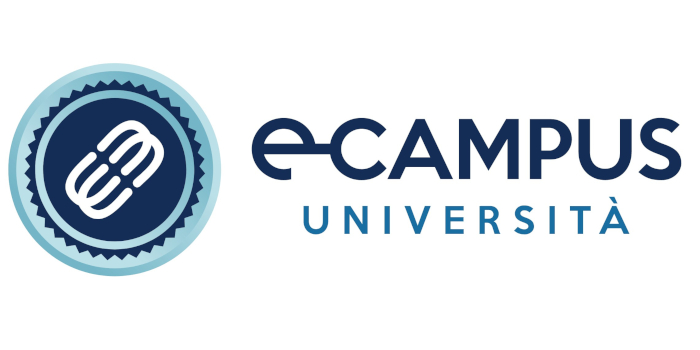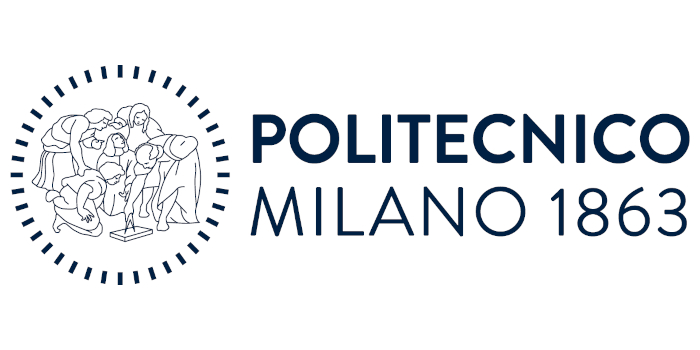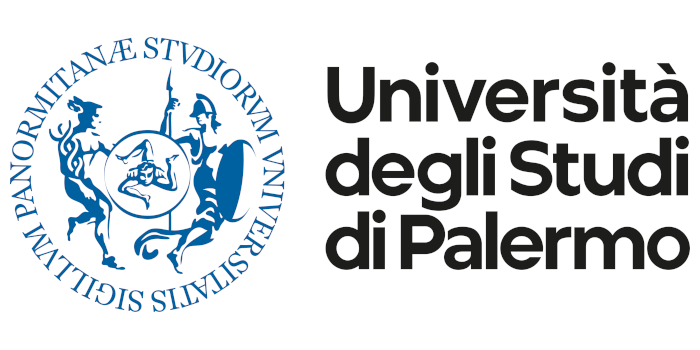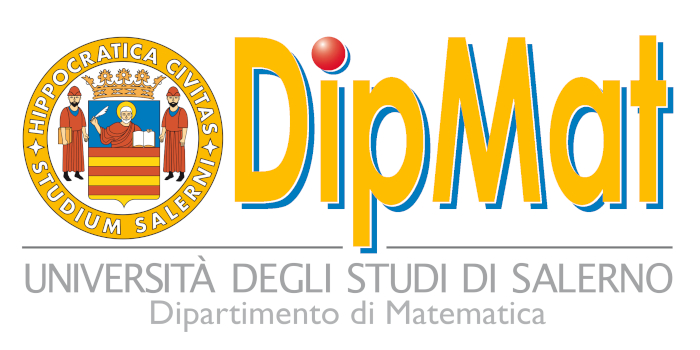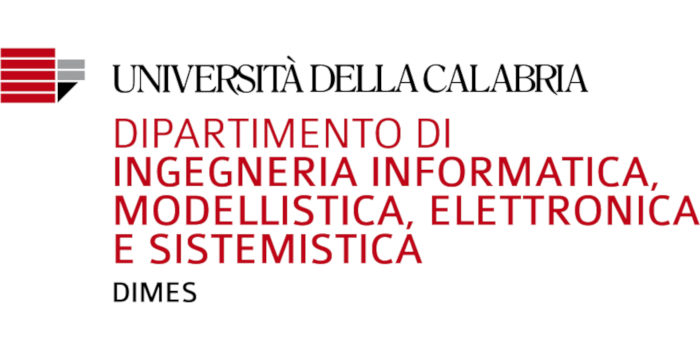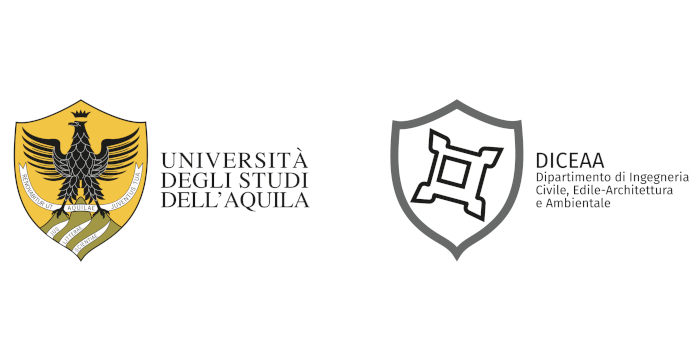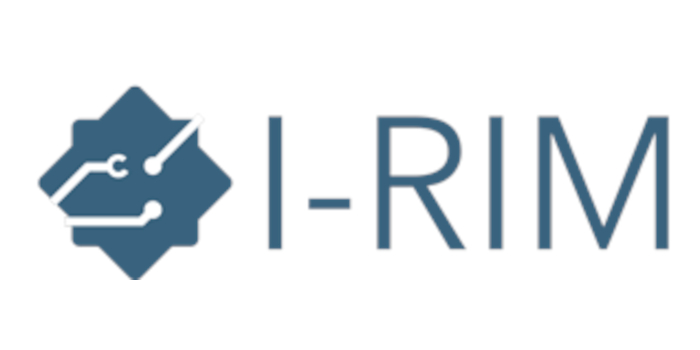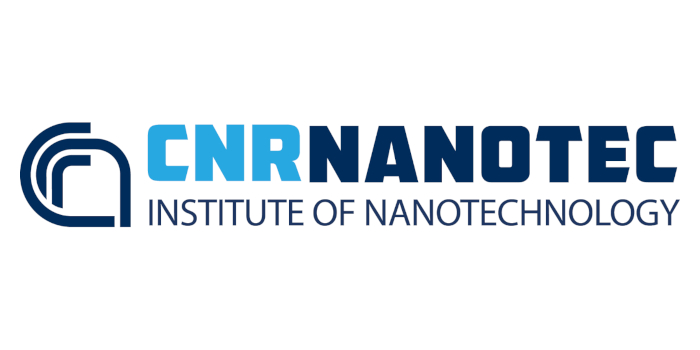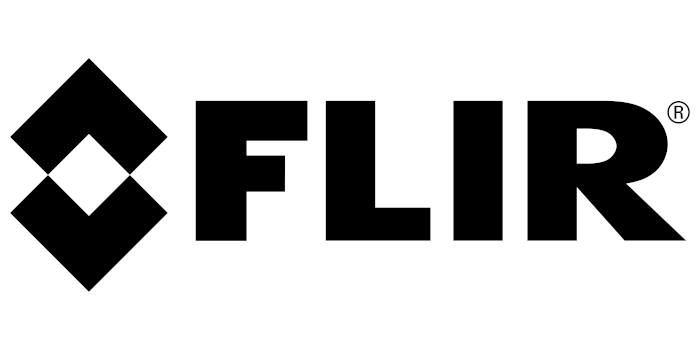SPECIAL SESSION #9
Modernization of technologies and practices towards cities carbon neutrality (U_CAN Project)
ORGANIZED BY
Marianna Rotilio
Department of Civil, Construction-Architectural and Environmental Engineering (DICEAA), Italy
Chiara Marchionni
Department of Civil, Construction-Architectural and Environmental Engineering (DICEAA), Italy
Alessandra Tosone
Department of Civil, Construction-Architectural and Environmental Engineering (DICEAA), Italy
Danilo Di Donato
Department of Civil, Construction-Architectural and Environmental Engineering (DICEAA), Italy
Marcello Di Risio
Department of Civil, Construction-Architectural and Environmental Engineering (DICEAA), Italy
Davide Pasquali
Department of Civil, Construction-Architectural and Environmental Engineering (DICEAA), Italy
Alessandro Marucci
Department of Civil, Construction-Architectural and Environmental Engineering (DICEAA), Italy
ABSTRACT
The EU mission “Climate-Neutral and Smart Cities” (CNSC) aims to achieve key EU policy priorities derived from the European Green Deal (EGD). A core ambition of the EGD mission is to facilitate a Europe-wide transition to climate neutrality by 2050: this necessitates a cross-sectoral approach to create synergies between cities already committed to achieving climate neutrality by 2030 and those aiming for the same by 2050. This special session is a platform to spotlight technological innovations addressing themes explored within the U_CAN project “Towards carbon neutrality of Ukrainian cities”, with the aim to facilitate a practical bottom-up approach with Ukrainian cities toward climate neutrality. In particular, the aim is the modernization of technologies and practices to development strategies, road map frameworks, and projects by decision-making tools for local climate adaptation strategies in Ukrainian cities.
The focus is on the elaboration of protocols for renovation and energy retrofit of existing buildings, adaptive reuse of building stocks, mitigation of urban flood risk, new possibilities for sustainable urban planning. It will contribute to a multidisciplinary design approach compliant with local climate features supporting development of guidelines regarding cities carbon neutrality.
This special session has been developed in the U_CAN project funded under the Horizon Europe framework (Grant Agreement n. 101148374). By focusing on the early-stage definition of strategies and solutions, U_CAN is setting to conceive decision-making tools for a multi-scenario design approach addressed to building reconstruction or refurbishment for the adaptive reuse of existing buildings from a climate perspective. Participants are encouraged to contribute with researches, insights and case studies on innovative approaches toward cities’ carbon neutrality. The discussions during the session will attempt to explore pathways for promoting the improved performance of existing buildings through adaptable protocols.
ABOUT THE ORGANIZERS
Marianna Rotilio, is PhD, Associate Professor in Production and Management of Built Environment at the Department of Civil, Construction-Architecture, Environmental Engineering of the University of L'Aquila. Her scientific research concerns the sustainable management of the buildings and the built environment, technologies and processes for the reuse, re-manufacturing and recycling of products, components and materials and the definition of new materials and new technologies for safety and energy efficiency of the buildings. She is Leader for the University of L'Aquila in the research project “Towards carbon neutrality of Ukrainian cities" 101148374 - U_CAN, funded under the Horizon Europe programme, call: Horizon-Miss-2023-Cit-02, coordinated by the Technische Universitaet Dresden.
Chiara Marchionni, PhD, is researcher at the Department of Civil, Construction-Architecture, Environmental Engineering of the University of L'Aquila. Her research has focused on sustainable redevelopment of built environment, with definition of best practices for non-destructive diagnostics and energy efficiency of buildings and their components. Her studies mainly focused on development of methodologies and protocols from an environmental sustainability perspective and lifecycle approaches to reduce product/process environmental impacts, including of building elements and components.
Alessandra Tosone, is Associate Professor at the Department of Civil, Building-Architectural, Environmental Engineering of the University of L'Aquila. She has worked on applied research on built heritage, both basic buildings and historical architectural typologies, and on the history of steel constructions. Her current research concerns processes of regeneration and design of the built environment in a sustainability perspective also with respect to the definition of protocols for the reuse of building components. She is Leader for the University of L'Aquila in the research project "Towards carbon neutrality of Ukrainian cities" 101148374 - U_CAN, funded under the Horizon Europe programme, call: Horizon-Miss-2023-Cit-02, coordinated by the Technische Universitaet Dresden.
Danilo Di Donato, PhD, is Associate Professor at the Department of Civil, Building, Architectural and Environmental Engineering of the University of L'Aquila. His research focuses on several areas of interest: the analysis and study of steel constructions in the Italian architectural scenario of the second post-war 20th century; the integration of good practices of circular economy in the building sector, mainly aimed at the reuse of components from building demolition processes; digital twins for the management of the built heritage. He is Leader for the University of L'Aquila in the research project "Towards carbon neutrality of Ukrainian cities" 101148374 - U_CAN, funded under the Horizon Europe programme, call: Horizon-Miss-2023-Cit-02, coordinated by the Technische Universitaet Dresden.
Marcello Di Risio, is Full Professor at the Civil, Construction-Architectural, and Environmental Engineering Department of the University of L'Aquila. He is the Head of the Department and of the Laboratory of Environmental and Maritime Hydraulics (LIam) of the same Department. With many years of experience in the field of hydraulic and maritime construction, his main research topics are: mathematical and experimental modeling of coastal morphodynamic and hydrodynamic phenomena, landslide-generated waves, maritime and hydraulic works, hydraulic and coastal risk analysis, real-time identification systems of tidal waves, real-time forecasting systems of wave motion and water levels, development of devices for energy extraction from waves and risk analysis and mitigation strategies in coastal and urban areas.
Davide Pasquali, is assistant professor at the Department of Civil, Construction-Architectural and Environmental Engineering (DICEAA) at the University of L’Aquila.
In 2011, he received a master’s degree (cum laude) in Civil Engineering and in 2015 he got his Ph.D. in Civil and Environmental Engineering at the University of L’Aquila. His research interests are focused on hydraulic and maritime construction. In particular, his research interests are focused on water waves generation and propagation, coastal hydrodynamic and morphodynamic, physical and numerical modeling of hydraulic and maritime structures, risk analysis and mitigation strategies in coastal and urban areas.
Alessandro Marucci is Associate Professor at the Department of Civil, Construction-Architecture, Environmental Engineering of the University of L'Aquila. His research is oriented on the environmental sustainability of settlements and the relationship between urbanization patterns and natural hazzard/ecosystems, innovative geospatial applications and services for the development of spatial analysis, fast monitoring tools for urban resilience and climate change mitigation.


